Vision or Illusion – Saudi Arabia at a Historical Crossroads (author: David Rundell, translator: Hoang Minh, published by Omega Plus and The Gioi Publishing House) is divided into 5 parts, each part discusses a pillar of stability in Saudi Arabia.
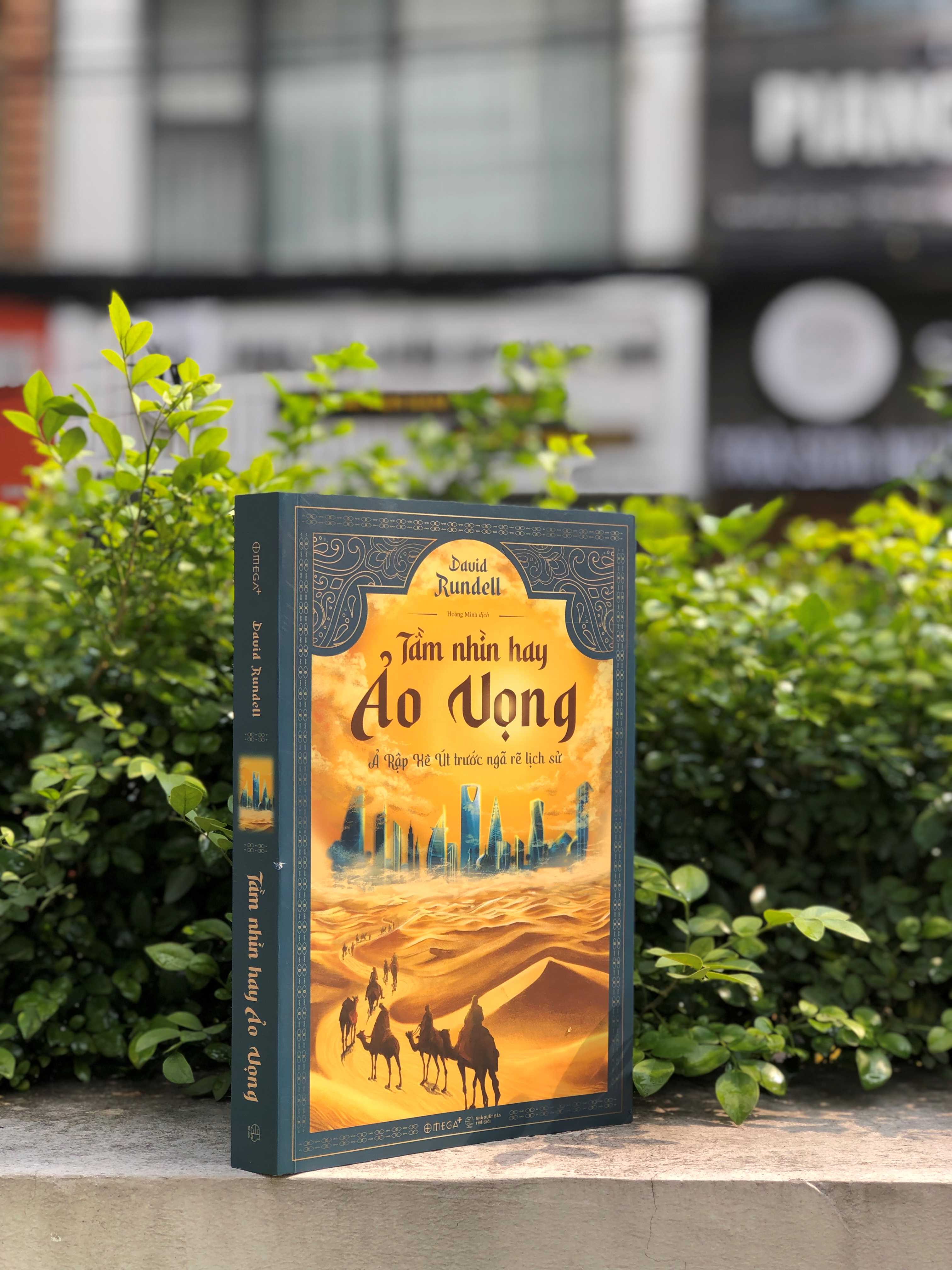
Vision or Illusion – Saudi Arabia at a Historical Crossroads just published
Author David Rundell (who lives in Dubai) has spent 30 years working in places such as Washington, Bahrain, Saudi Arabia, Syria, Tunisia and the United Arab Emirates. He also spent 16 years working in Saudi Arabia to understand one of the most powerful countries in the Middle East. He is recognized as one of the leading experts in the United States on Saudi Arabia, receiving many awards for his analytical reports related to
Through his own experience and what he "saw and heard", through 5 parts of the book, David Rundell explains why this country has maintained stability for a long time, why that stability is gradually shaking, and what can happen in the future? The materials used by the author in the book are all based on his deep relationships and thorough understanding of Saudi Arabia, where he lived and worked for 16 years as a diplomat.
“Before the Al Saud family came to power, tribes often fought over water and pasture. Even today, a member of the Shammar tribe has significant differences with a member of the Shahrani tribe. And tribal conflicts can still result in casualties—as happened at the 2018 camel beauty pageant, a month-long festival on the outskirts of Riyadh that attracts thousands of camels,” writes author David Rundell.
The book adds: "King Abdulaziz ruled for 51 years and saw his kingdom transformed from a remote, isolated desert territory to a founding member of the United Nations. However, he did not build lasting governing institutions, relying solely on himself. His power was personal, based entirely on relationships with tribal, religious and merchant leaders. Although he chose a direct successor, he left behind a family rife with internal conflicts and rivalries...".
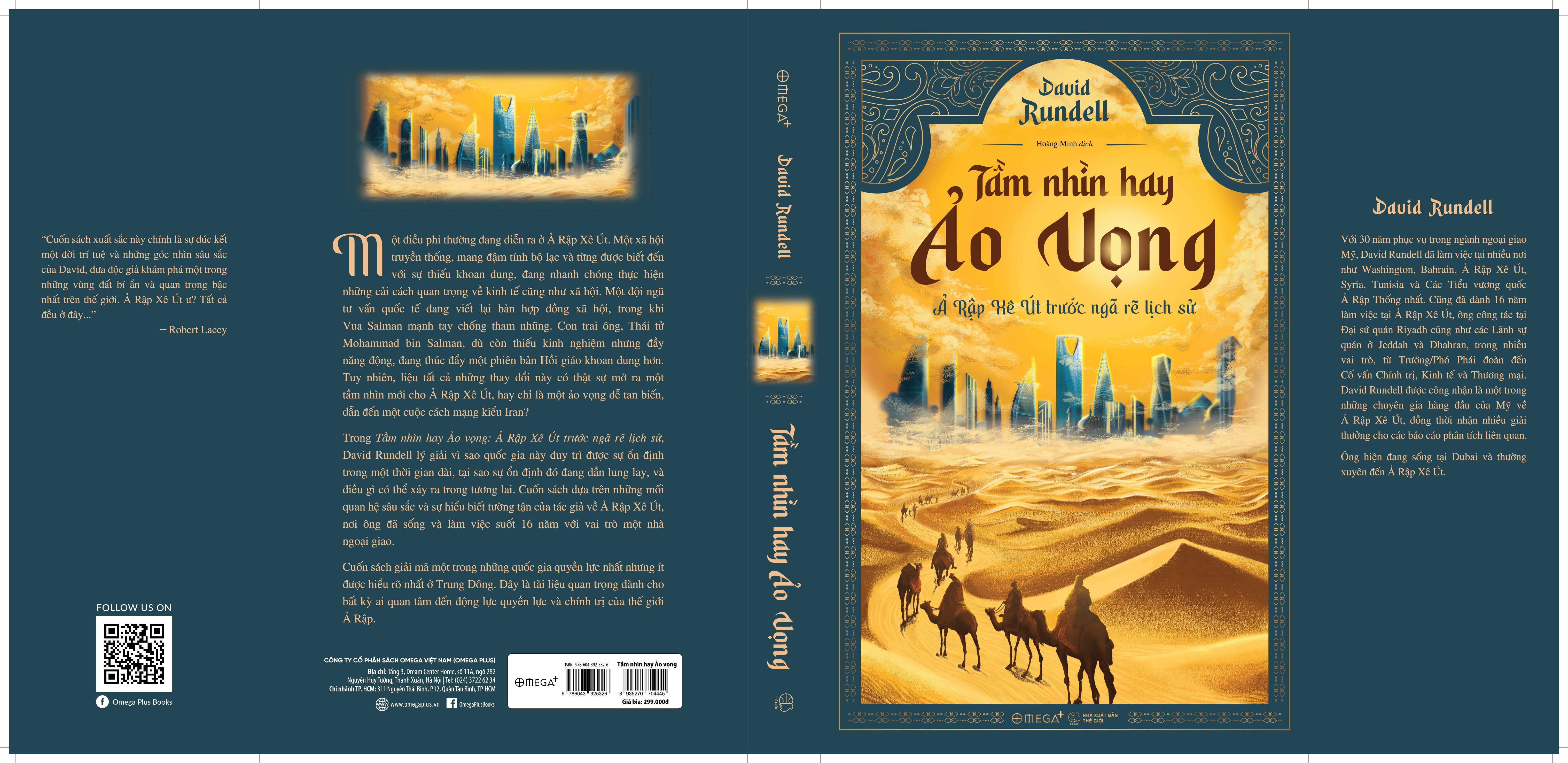
The book cover uses the image of a caravan of camels on a yellow sand dune background, symbolizing the connection with tradition.
According to author David Rundell: "King Abdullah died of pneumonia in the early hours of January 23, 2015. By conservative Saudi standards, he was considered a reformer, leaving behind a large national treasury and a solid legacy of economic development, social innovation and security. He doubled the number of universities in the kingdom, sent thousands of students abroad to study, and founded his own university in the hope of turning it into a world-class research institution. Under him, Saudi Arabia, with a gross domestic product twice that of Egypt and foreign exchange reserves second only to China and Japan, became the world's leading economic power... Yet the country remains culturally distinct from the rest of the world and economically dependent on a single commodity, whose value fluctuates wildly...".
Source: https://thanhnien.vn/tam-nhin-hay-ao-vong-giai-ma-mot-trong-nhung-quoc-gia-quyen-luc-nhat-trung-dong-185250212145020988.htm








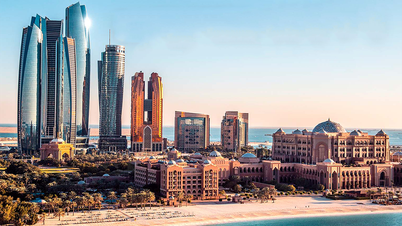

























































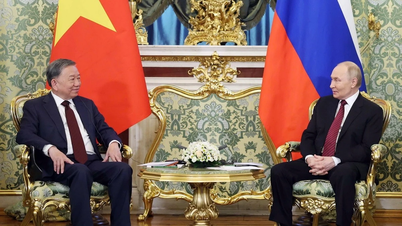

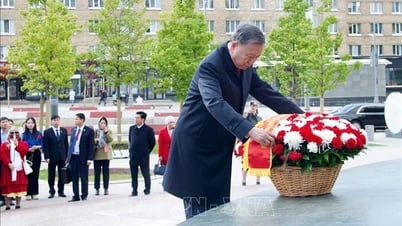

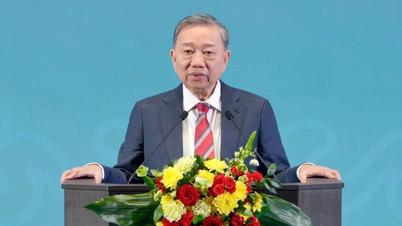












![[Infographic] In the first 4 months of 2025, what growth rate will Dong Nai's economic indicators achieve?](https://vphoto.vietnam.vn/thumb/402x226/vietnam/resource/IMAGE/2025/5/11/827f0070aa0e486db44e9454be503a9b)



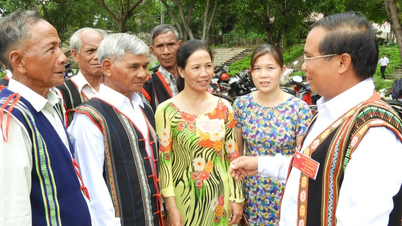


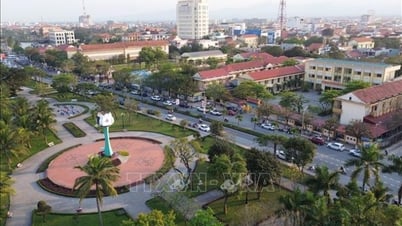











Comment (0)